Unlocking the Power of Play: The Role of Toys & Games in Your Child's Growth
Play is not just a pastime for children; it’s a fundamental aspect of their development and learning process. From the earliest days of infancy to the school-age years, toys and games play a crucial role in shaping a child’s physical, cognitive, social, and emotional development. Let’s delve into the importance of toys and games in your child’s growth and how they contribute to various aspects of their well-being.
Physical Development
Toys and games provide children with opportunities for physical activity and exploration, helping them develop essential motor skills and coordination. From simple rattles and plush toys for infants to bicycles and sports equipment for older children, engaging in physical play promotes muscle strength, balance, and gross motor skills. Activities like climbing, running, and jumping not only keep children active but also support their overall physical health and well-being.
Cognitive Development
Toys and games stimulate children’s cognitive abilities, encouraging problem-solving, creativity, and critical thinking skills. Puzzles, building blocks, and board games challenge children to use their minds to solve problems, make decisions, and think strategically. Additionally, toys that incorporate numbers, letters, and shapes help promote early literacy and numeracy skills, laying the foundation for academic success.
Social Development
Toys and games facilitate social interaction and collaboration, helping children learn important social skills such as sharing, taking turns, and cooperation. Playing with peers encourages communication, empathy, and understanding of social norms and rules. Pretend play, in particular, allows children to explore different roles and perspectives, fostering imagination and empathy while promoting language development and social competence.
Emotional Development
Toys and games provide children with outlets for self-expression and emotional regulation, supporting their emotional development and well-being. Dolls, stuffed animals, and action figures can serve as companions for children, offering comfort and security during times of stress or anxiety. Creative activities like drawing, painting, and storytelling allow children to express their feelings and explore their emotions in a safe and supportive environment.
Imagination and Creativity
Toys and games ignite children’s imagination and creativity, encouraging them to explore new ideas, roles, and possibilities. Open-ended toys like blocks, art supplies, and dress-up costumes allow children to unleash their creativity and imagination, turning everyday objects into tools for storytelling and adventure. Imaginative play not only entertains children but also promotes problem-solving, flexible thinking, and innovation.
Parent-Child Bonding
oys and games provide opportunities for parents and children to bond and connect with each other. Whether it’s building a puzzle together, playing a board game, or engaging in imaginative play, these shared experiences strengthen the parent-child relationship and create lasting memories. Through play, parents can better understand their child’s interests, preferences, and developmental needs, fostering a sense of connection and trust.
Conclusion
Toys and games are more than just sources of entertainment for children; they are powerful tools for learning, growth, and development. By providing children with a variety of toys and games that stimulate their physical, cognitive, social, and emotional development, parents and caregivers can support their child’s overall well-being and help them reach their full potential. So, let’s embrace the power of play and encourage our children to explore, create, and imagine as they navigate the exciting journey of childhood.
Previous Story
Care for Your Health & Wellness with Nutrients and Food
Next Story
No story to show!
Comments ( 1 )
Comments are closed.

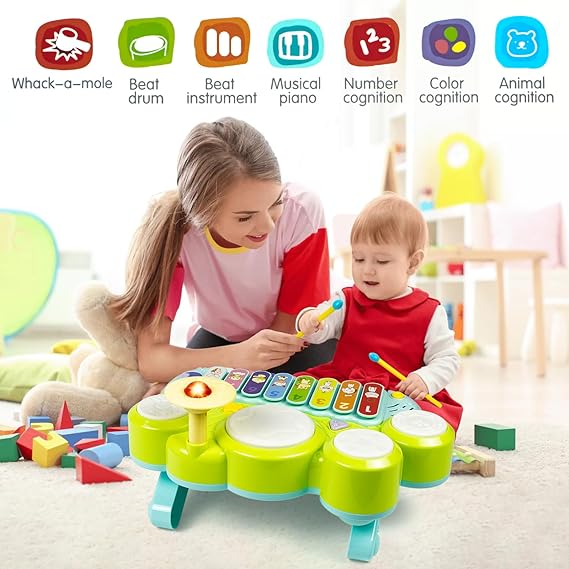
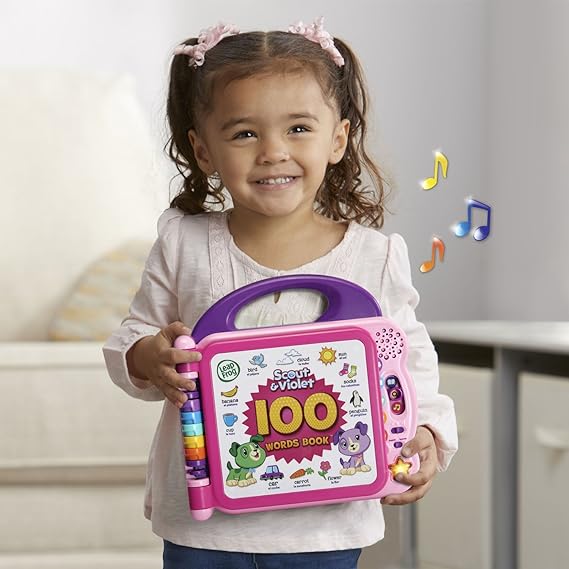
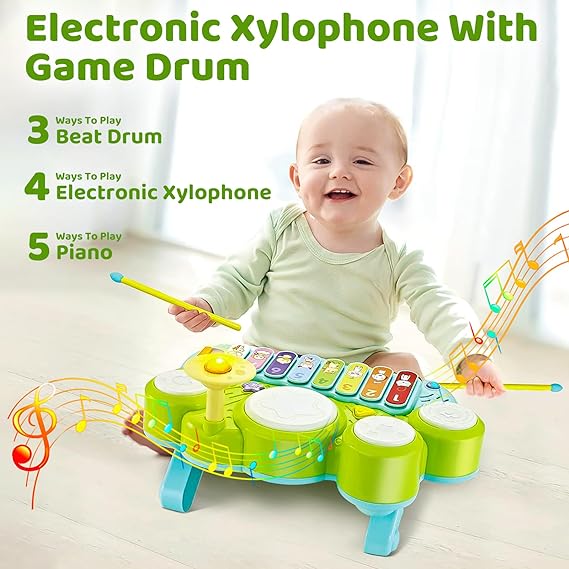
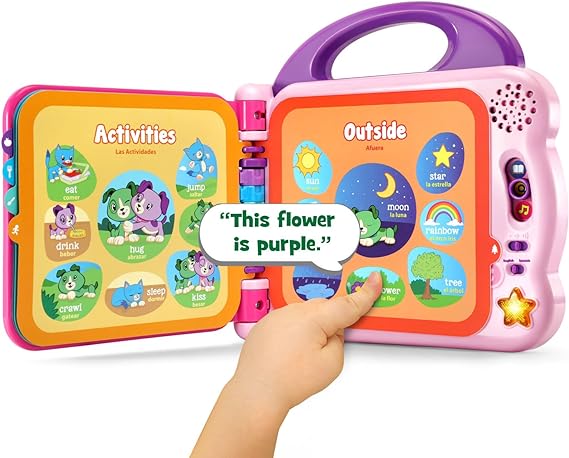
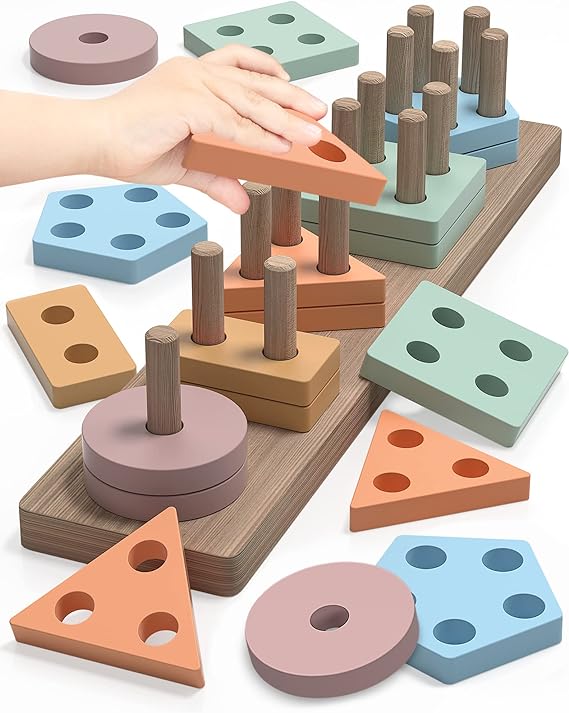
Aliquam nulla facilisi cras fermentum odio eu feugiat. Sed libero enim sed faucibus turpis in.